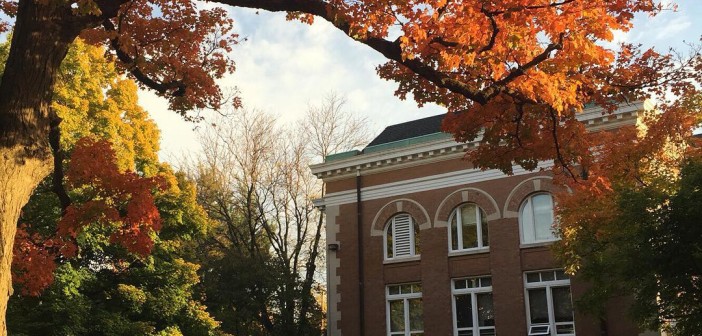Nationwide, large and small businesses alike have been suffering financially from COVID-19. Unfortunately, higher education is not exempt from these circumstances, resulting in the loss of many employees.
The quarantine aimed to slow the spread of the coronavirus. Now, the economy has slowed as well. Everything from airlines and restaurants to major retail stores has struggled. Even large retailers such as Neiman Marcus and J.Crew are filing for bankruptcy.
Across the country, the trend has continued, rising steadily. April marked the national unemployment rate at 14.7%. The Los Angeles Times reported that over 33 million people have filed for unemployment benefits in the last seven weeks.
Academia has not been alone. The fear of surviving the pandemic financially has left many wondering where to go and what to do. Colleges and universities have been laying off and furloughing employees.
The U.S. Bureau of Labor Statistics estimates that over 19,000 fewer workers were employed at American colleges and universities in March 2020 than in February 2020.
The Chicago Tribune reports that NCC has permanently laid off 16 employees and furloughed, or temporarily laid off, 33 more. The College has over 600 staff and faculty among its ranks.
The Chronicle of Higher Education reports that out of all the colleges and universities reporting plans for a return to classes in the fall, 67% of colleges expect to host in-person classes for the fall semester. So far, 6% of reporting schools are planning for online and remote classes.
NCC hopes to have in-person classes next semester. They are, however, preparing for a range of scenarios. Possible changes include the use of face masks and reducing the number of students per classroom.
The College is also entertaining further safety measures. Extra cleaning supplies are being distributed around campus and elevators and staircases may be limited or divided. Hands-free door openers and Plexiglas barriers are also under consideration.
Harvard was one of the first universities to send students home in March. As of now, Harvard, Dartmouth College and Columbia University in New York are also considering different scenarios.
Other schools are taking more drastic measures. The University of Cambridge recently announced all lectures will be online until the summer of 2021. This follows the footsteps of the University of Manchester. They, too, opted to go online until next term.
“The global pandemic has upended our lives and has required us to enact measures that we could not have imagined a few short months ago,” said President Hammond in a letter to the community. “These decisions will deeply affect each of us, causing pain and grief. Unfortunately, the circumstances of the global pandemic are significant and the challenges are real.”

